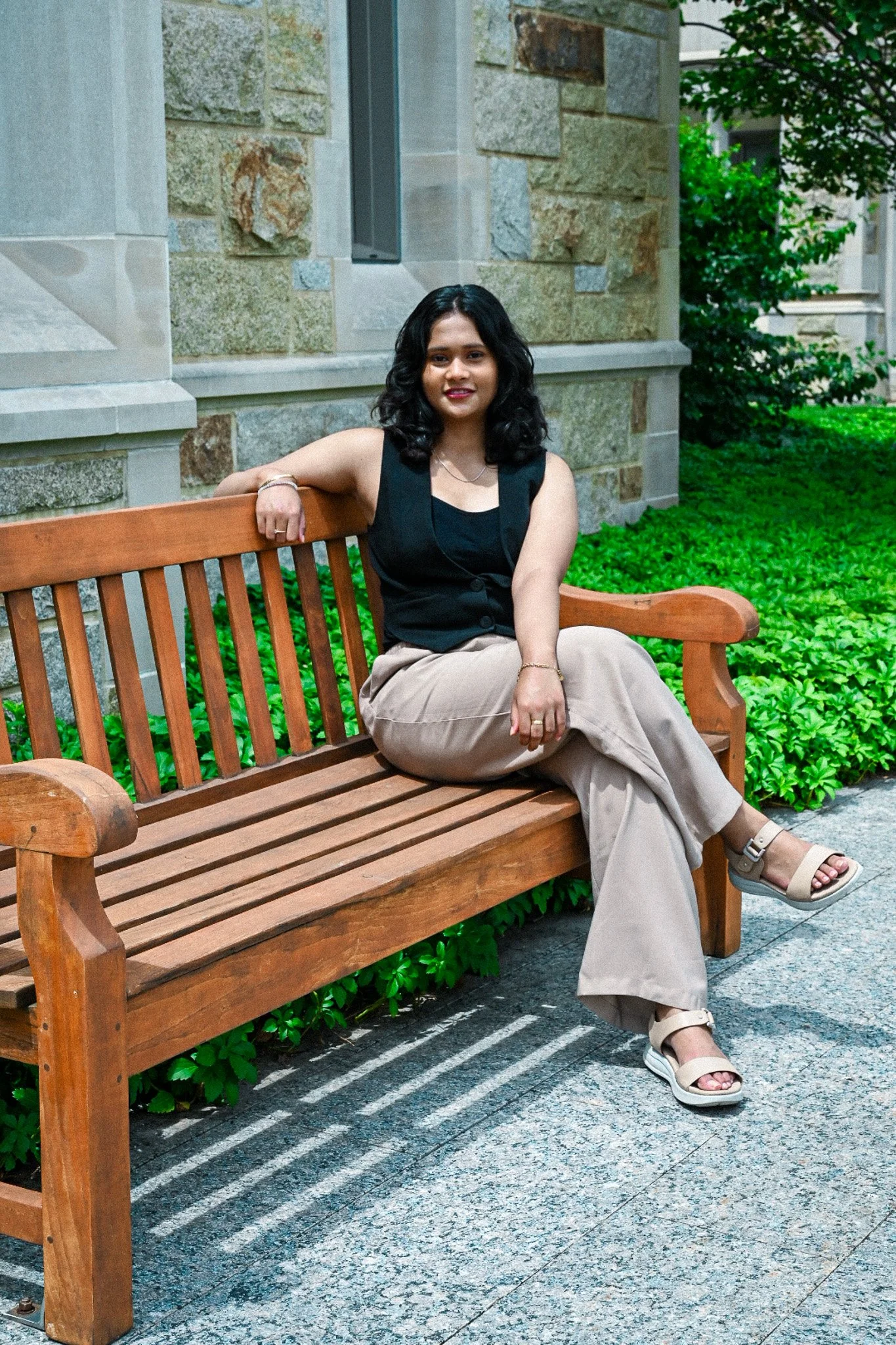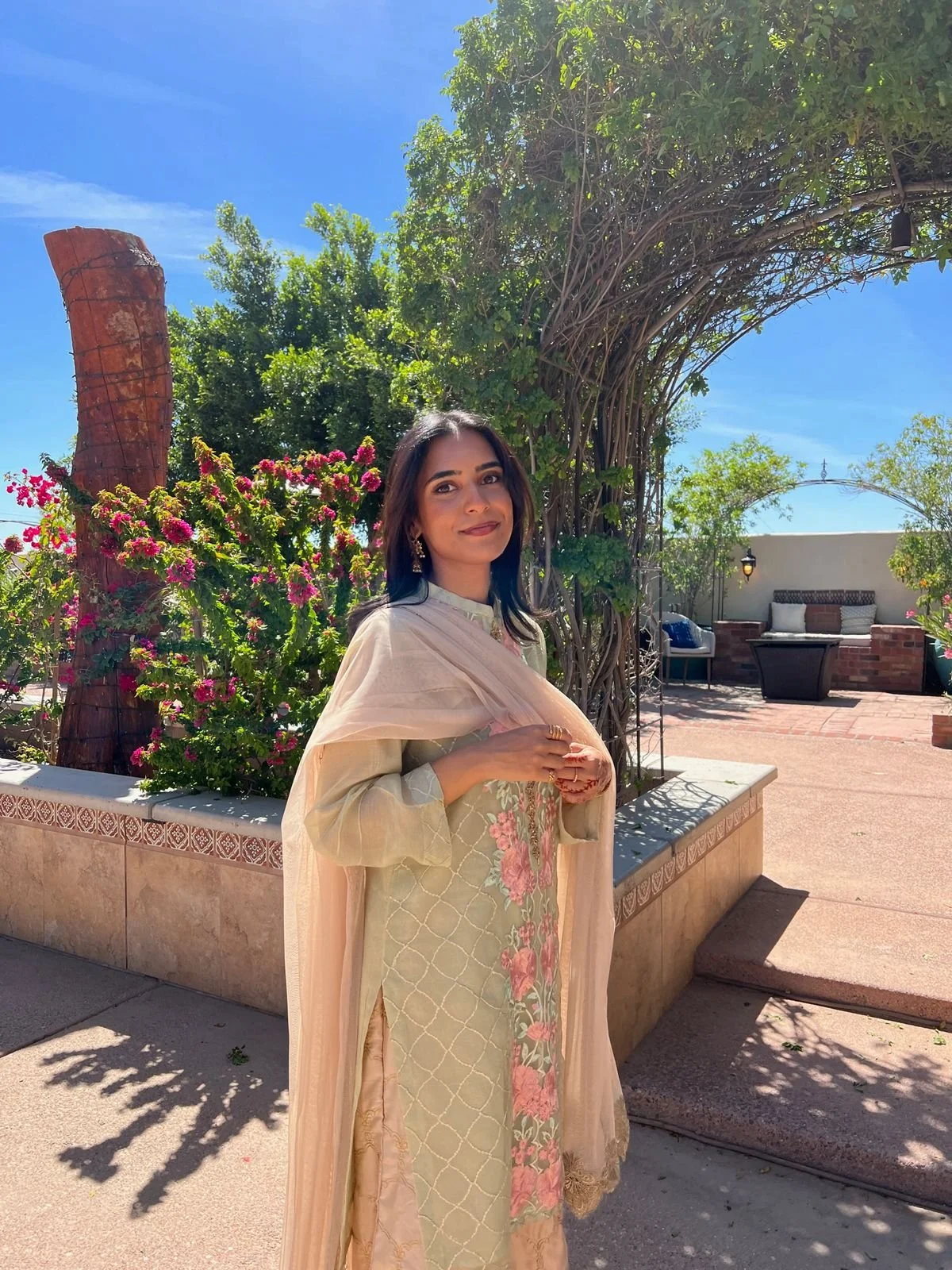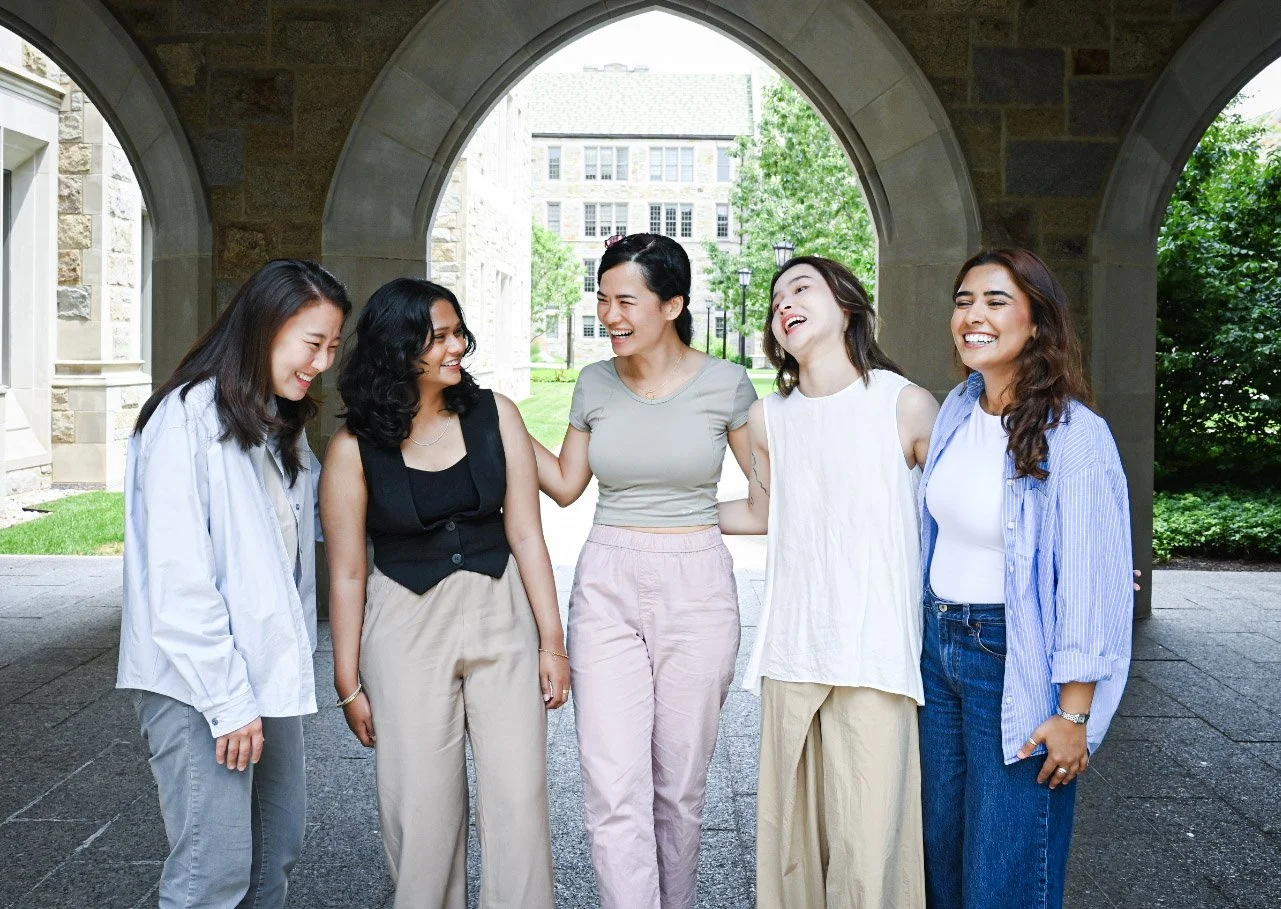
Culturally Responsive IFS & Parts Work Therapy for BIPOC and LGBTQ+ Communities
Compassionate, culturally grounded IFS therapy for BIPOC, queer, trans, immigrant, and neurodivergent communities across Massachusetts.
Reclaiming Your Inner World with Compassion
Many of us carry inherited survival strategies such as: numbing, overworking, self-erasing, appeasing, adapted not just from personal hardship but from generations of surviving systems that asked us to be less.
Internal Family Systems (IFS) invites us to meet those parts not with blame, but with listening. This is not about fixing what’s broken, but unburdening what’s been carrying too much, for too long.
For those navigating the complexities of diaspora, queerness, cultural silencing, or generational roles, IFS becomes a tool of reclamation. It allows us to tend to the inner negotiations shaped by histories of displacement, familial expectation, and systemic harm, without pathologizing.
This practice makes space for contradictions, inherited grief, and the multiple selves we’ve had to become. Healing, here, is not assimilation or erasure, but reweaving. Not choosing which version of yourself is “right,” but honoring each one that tried to keep you safe.
Meeting the Parts That Protected You When No One Else Could
Safety, for many of us, never came from just being ourselves. It came from becoming smaller. Quieter. More acceptable. We learned to anticipate, to shapeshift, to overfunction, because somewhere along the way, we were taught that our needs were too much or our truths too inconvenient.
Parts work and Internal Family Systems (IFS) offer a gentle way of meeting those internal strategies not as failures, but as wisdom. The version of you that overachieves? That disappears in conflict? That doesn’t know how to rest? They’re not wrong. They’re tired.
For those living at the intersections of diaspora, queerness, neurodivergence, and generational roles, healing can feel like walking a tightrope between expectation and authenticity. IFS makes space for that in-between. It honors that some parts are still afraid to speak, and some don’t even know they exist yet.
Here, healing isn’t about convincing yourself you’re safe. It can be about building a relationship with the parts that never were.
There is space here for the parts that mistrust, that freeze, that don’t believe things can change. For the parts that tried to protect you in the only ways they knew how. For the ones still holding their breath…
Who We Have Experience Working With
Our clinicians have supported people navigating inner experiences shaped by:
・ Childhood trauma, emotional neglect, or having to grow up too fast
・ People-pleasing, perfectionism, or chronic self-blame
・ Queer, trans, or immigrant identities that feel at odds with each other
・ Ongoing impacts of systemic oppression or relational disconnection
・ Cultural or religious expectations that silence personal truth
・ Numbness, overthinking, or parts that learned to protect through quiet endurance
We approach these parts not as symptoms to fix but as protectors to be gently understood. IFS creates space to relate to your inner system with curiosity, care, and cultural awareness, so healing becomes an act of reunion, not erasure.
Some of Our Providers Specializing in Internal Family Systems (IFS) Therapy
We’ve highlighted just a few of our clinicians with experience in Internal Family Systems (IFS), parts work, and relational healing. Our full team includes more therapists with varied backgrounds and specialities. If you are looking for support that meets your cultural, linguistic, or clinical needs, please reach out and we’ll help you find the right fit.
Pragati (She/Her) offers an IFS-informed, trauma-centered approach that honors the body, the arts, and the many inner parts we carry. As a first-generation Indian immigrant and expressive arts therapist, she brings deep cultural humility, creativity, and somatic awareness to her work with clients navigating trauma, OCD, anxiety, and identity transitions. Pragati weaves IFS with movement, storytelling, and body-based tools, inviting clients to meet each part of themselves with curiosity and compassion. Her sessions are spacious, collaborative, and gently paced, creating room for healing that is embodied, culturally responsive, and deeply self-honoring.
Cindy (She/Her) offers a grounded, culturally responsive approach shaped by narrative therapy, trauma-informed care, and deep community roots. As a second-generation Vietnamese and Chinese American therapist, she supports BIPOC clients navigating ADHD, anxiety, racial trauma, family dynamics, and intergenerational healing. Her work honors each client’s full humanity, where pain, humor, identity, and resilience are all welcome. Whether exploring inherited roles or redefining your story, Cindy holds space with care, humility, and a belief in collective healing.
Saleha (She/Her) brings a warm, curious, and culturally responsive lens to parts work and Internal Family Systems therapy. As a Pakistani American clinician, she holds space for clients to explore grief, anxiety, trauma, and identity in a way that honors complexity and cultural nuance. Saleha blends narrative therapy, CBT, and IFS with humor and heart - offering care that is serious about healing but never sterile. Her approach is relational and strengths-based, rooted in the belief that every part of you has something to say and deserves to be heard.
Meet More Of Our Therapists
Many of our clinicians have lived experience and deep training in working with queer, BIPOC, and neurodivergent communities.
While we don’t publicly list individual identities for privacy and safety, we are committed to matching you with someone who aligns with your needs.
During your free consultation call, let us know what you’re looking for, whether that’s a queer-affirming therapist or someone with specific cultural understanding, and we’ll do our best to connect you with the right fit. You deserve care that sees the full picture.

FAQs
-
IFS is a therapy that helps you understand and care for the different parts within yourself. These parts may hold pain, protect you, or push you toward certain behaviors. In IFS, we work to build trust with these parts and help you reconnect with a calm, grounded inner Self.
-
While IFS is often used to heal trauma, it can also support people dealing with anxiety, burnout, identity questions, or relationship conflict. It is a flexible approach that meets you wherever you are and helps you better understand what drives your thoughts, emotions, and patterns.
-
Parts are the emotional roles and inner voices that live within each of us. You may notice a part that avoids conflict, a part that feels like a failure, or one that pushes you to overwork. IFS helps you listen to these parts without judgment and explore what they need.
-
Only if you want to. Some clients find that younger parts come forward in sessions, while others start by connecting with more protective or critical parts. We go at your pace and let your internal system guide the process based on what feels safe and useful.
-
IFS recognizes that parts can carry messages from family, community, and history. For people navigating diasporic or marginalized identities, this can include parts shaped by migration, systemic oppression, or cultural expectations. IFS holds space for these layers with care, respect, and cultural responsiveness.
-
That is very common. Many people begin therapy feeling overwhelmed by their parts or unsure who they really are. IFS creates space for safety and curiosity so that you can slowly access the Self within you. This Self brings clarity, compassion, and calm to the healing process.
-
Yes. We offer a free consultation so you can meet a therapist, ask questions, and see if the fit feels right. There’s no pressure to commit. You’re welcome to share a little or just listen. It’s a chance to start gently and get a feel for what support might look like.
-
Yes. Some of our clinicians offer sessions in languages other than English. We currently have therapists who speak Mandarin Chinese, Cantonese, Hindi, Urdu, and Korean.








